The Slow Death of Acadian Culture: How Oligarchs, Longfellow’s Fiction, and Creative Bankruptcy Are Killing a Heritage
Dull and uninspired French Acadian cultural industry is locked in a tragic and laughable cycle of mediocrity. Year after year same old same old.
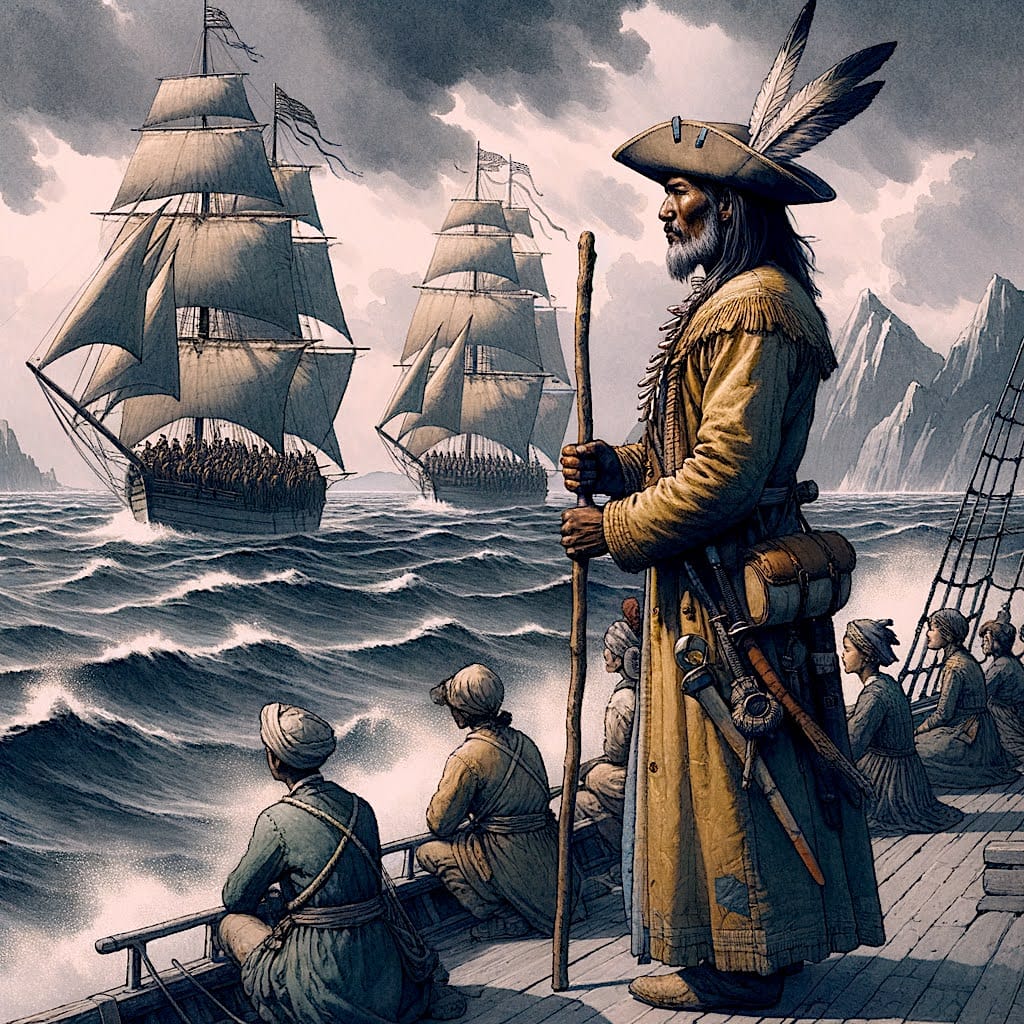
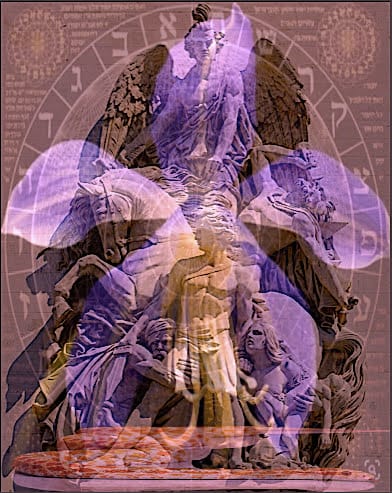
The Death Spiral of French Acadian Culture: How the Oligarchs’ Creative Bankruptcy is Killing Inspiration
The dull and uninspired French Acadian cultural industry is locked in a tragic and laughable cycle of mediocrity. Year after year, the same tired archetypes are dusted off and presented as "celebrations" of heritage. Chief among these reanimated relics is Évangéline — a fictional creation of Henry Wadsworth Longfellow, a miserable alcoholic American poet who had nothing to do with Acadian culture or its real history. Yet, here we are, still clutching this faded Archetypal myth like a lifeline while the cultural sector collapses into irrelevance.
The Same Old Faces, the Same Old Lies
The French Acadian patrimonial industry is controlled by roughly ten oligarchs—government-funded bureaucrats who maintain a death grip on all funding, media narratives, and projects. Their vision for cultural development is simple: repeat the same formulas ad nauseam, stamping out any innovation threatening their comfortable monopoly.
One only needs to glance at the latest "new" project surrounding Évangéline to see how little imagination remains. Rather than seeking fresh perspectives or uplifting modern Acadian creators, they opt for the same hollow retelling. It's not even cultural preservation at this point—it's cultural taxidermy.
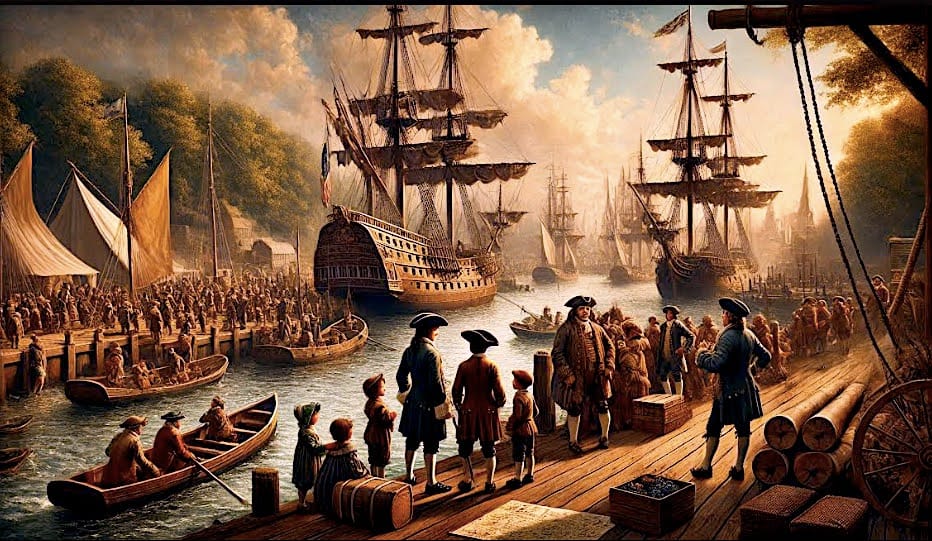
Played to an audience that could not understand the words spoken due to the lack of subtitles that the Influencer of the Year and her all-expenses-paid ONF crew forgot to add.
Meanwhile, authentic Appalachian grassroots-inspired creators like Theriault, with self-funded initiatives like Cajun Dead et le Walkin’ Stick and Cajun Dead et le Talkin’ Stick, are ghosted and systematically excluded by these gatekeepers. The message is clear: if you aren’t part of the insular patriarchal club, you don’t exist. Since Ghosting is the new racism in the Globalization of Indifference era, we are living in.
Longfellow’s Ghost: The False Prophet of Acadian Identity
Let's be clear: Henry Wadsworth Longfellow was an American poet, not Acadian, not French, and certainly not sober or interested. His romanticized epic poem Évangéline was crafted through a haze of alcoholism and cultural ignorance, yet it remains the primary pillar of modern Acadian identity and its go-to Muse.
Rather than building identity around real Acadian stories, real resilience, and real people, the industry has outsourced its soul to a 19th-century American fiction writer. The result? A culture that feels disconnected, performative, and ultimately hollow. Inspiring pride or engagement is difficult when the foundational myths are rooted in misrepresentation and mediocrity.
Remember Pélagie et la Charette? Neither Does Anyone Else.
The opera adaptation of Pélagie et la Charette in the early 1990s should have been a moment of cultural renaissance. Instead, it was a critical and popular disaster. Despite the high-profile production and a final performance at the National Arts Centre in Ottawa — complete with a professional recording by SRC — the project was swiftly buried.
Why? Because it was that bad. Because once again, those in charge were more concerned with checking cultural boxes and securing government grants than telling a compelling story. And because when you build a culture around fear, mediocrity, and inbreeding rather than inspiration, you get performances that even your community is too embarrassed to remember.
The lesson was clear, but the oligarchs ignored it. Instead of learning, adapting, or opening the gates to new talent, they doubled down on their isolationism.
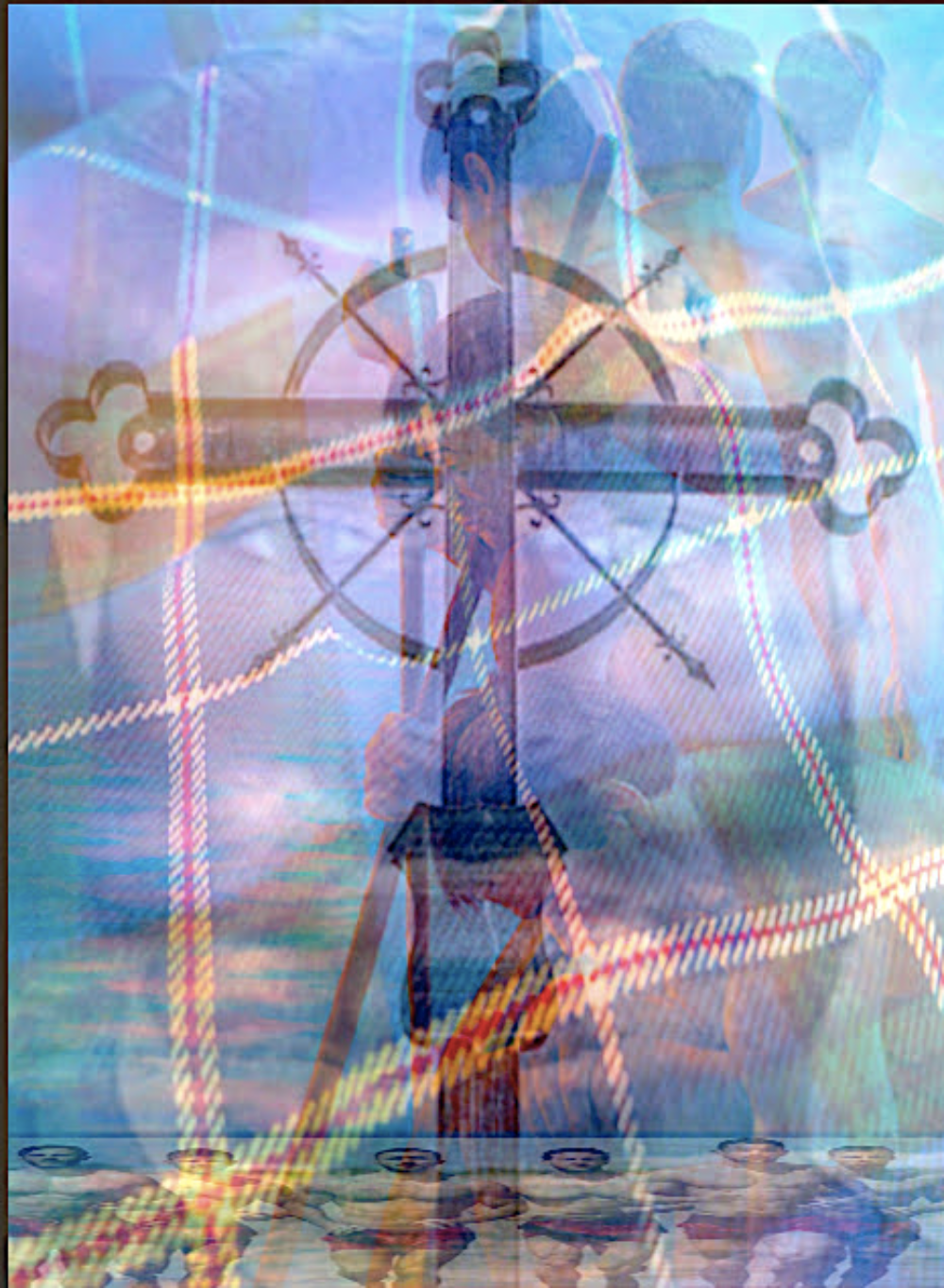
AI and the Bureaucratic Panic
Today, the Société Nationale de l'Acadie (SNA) president is wringing his hands about the threat of AI. But it’s not AI that threatens the Acadian cultural industry — it’s the industry's stagnation; since the enemy is within.
The real threat to their cushy government-funded lives is that AI exposes the mediocrity they’ve been selling as culture. AI can produce better poetry, storytelling, and art without the nepotism or bureaucracy that often accompany them. In that case, the oligarchs have every reason to be afraid of the there for the paycheck and all you can drink and screw expense accounts.
The SNA, like many similar organizations, is part of a self-serving ecosystem: insular, government-coddled, and entirely out of touch with the real creative pulse of the Acadian people. These bureaucrats aren’t fighting for culture. They’re fighting for self-serving, self-centred relevance—and they're losing.
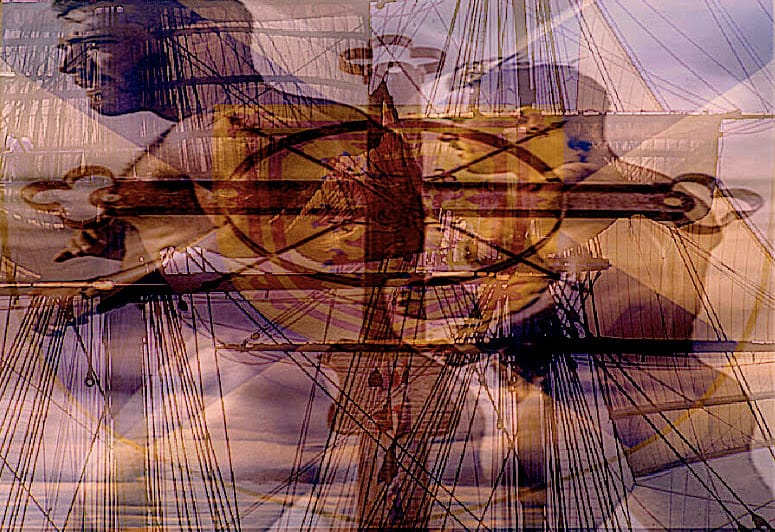
Conclusion: You Can’t Inspire Without Being Inspired
An uninspired culture cannot inspire others.
You must first be inspired to inspire — something sorely lacking in the French Acadian patrimonial sector today.
The Social Ghetto mentality, where the same families and insiders pass the same tired baton back and forth, has bred a sterile, self-referential echo chamber. Meanwhile, energetic creators like Theriault are building daring, innovative, and self-financed projects—only to be stonewalled by the same ossified patriarchal networks.
No wonder the Anglo-centric media powerhouses in Halifax barely acknowledge Acadian efforts anymore. Why would they? There’s nothing fresh to report. The Acadian cultural elite have chosen nostalgia over progress, nepotism over talent, and silence over vision.
And unless the community wakes up and demands change, it will only worsen.
FAQS About Acadian Cultural Decline
1. Why is Evangeline still used as the central figure of Acadian culture?
The industry is creatively bankrupt and clings to outdated, easy narratives rather than developing authentic modern identities.
2. Who controls the Acadian cultural sector?
A small group of approximately 10 bureaucratic oligarchs, heavily reliant on government funding and resistant to innovation.
3. Was Henry Wadsworth Longfellow connected to Acadian history?
No. He was an American poet and alcoholic who fabricated a fictional narrative unrelated to true Acadian experiences.
4. What happened to the Pélagie et la Charette opera?
It was a critical failure, forgotten and buried by the industry after a final recorded performance in Montreal due to its poor quality.
5. How does AI threaten the current Acadian cultural system?
AI threatens to expose the mediocrity, insularity, and irrelevance of bureaucratic-run cultural institutionsby offering fresher, more dynamic creative output.
